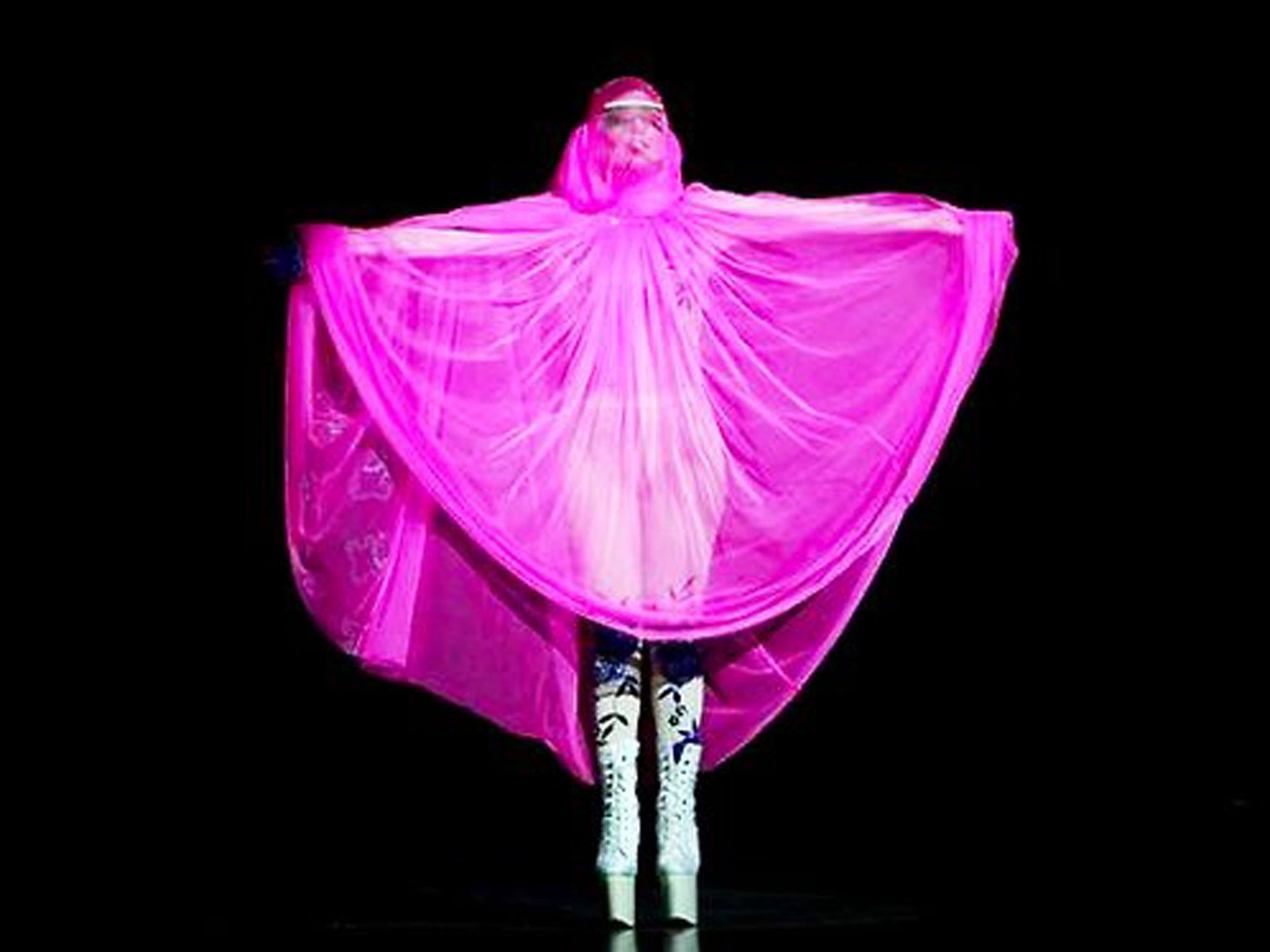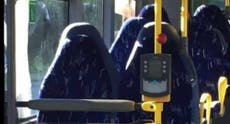The Met Gala's 'Fashion and Religion' theme is going to turn into a colonialist mess of cultural appropriation
In places like Saudi Arabia, wearing a burqa is not a choice but a legal necessity, and hence it's insulting that it gets co-opted by white celebrities at will


Every year, Vogue’s infamous Met Gala in New York – a fundraiser for the Costume Institute of the Metropolitan Museum of Art – takes to the global stage; it is the most ostentatious performance of fashion’s tie to celebrity culture there is. With tickets starting at $50,000 a guest, and a hyper-exclusive A-list guest list, designers team up with celebrities to construct looks according to the theme of the Met’s Costume exhibition. The upcoming theme was announced yesterday – it is “Fashion and Religion” (cue *gulp*).
This isn’t the first time a Met Gala theme has sparked controversy. In 2015, their “Through the Looking Glass” retrospective – celebrating the ways Western designers have drawn inspiration from Asia – was criticised for cultural appropriation and insensitivity. But I fear this year’s will be even more problematic.
There are a few critical issues at play. The first being that out of all religions, Christianity will inevitably take centre-stage as the most “iconic” according to fashion’s exclusive hierarchy.
Christian iconography has long been popular in mass culture, with models and pop stars adopting the roles of contemporary saints. In 2016, for instance, Dolce and Gabbana released their Bible-inspired fall collection; this featured ecclesiastical images of the Virgin Mary and Child on jumpers, and models dressed in the colours of medieval panels with halos to boot. British designer Christopher Kane similarly used Christian iconography in his spring 2017 collection.
And the way female music artists have blended pop with biblical iconography is now a tried and tested formula – there’s Madonna, obviously, but Lady Gaga’s self-presentation as a “Mother Monster” – in costumes decked with crucifixes – or Beyoncé’s presentation as the child-bearer of prophets are more recent examples.
I’ve often found these images subversive and empowering – especially Beyoncé’s reclaiming of Christianity as a powerful black woman. But in the context of the Met Gala, what worries me is the paralleling of A-list Hollywood culture with the Christian faith. Seeing that the vast majority of designers and celebrities will be white, and that Christian iconography will be in the spotlight so relentlessly, the Met Gala will be yet another reminder that the West gives itself first place in the cultural league table.
When discussing the intended exclusivity of the Met Gala guest list, a New York socialite commented on Page Six that “when the ticket is $50,000 and you received Anna’s stamp of approval, it’s a foregone conclusion that you’re worth being there”. Vogue, of course, considers itself the driving force that decides who the contemporary aristocracy are; in fact, onlookers are encouraged to feel outside the inner circle. Blending these Western capitalist fantasies with fashion’s deification of Christian iconography might only enforce constructs which tell us that Western ideals are success by default – even when it comes to faith.
Coupled with this is the problematic appropriation of other faiths in the fashion industry. Twice, Lady Gaga has appropriated Muslim attire for pop-cultural gain. In 2012, Gaga appeared at a London Fashion Week event with silk and fur covering her mouth like a niqab, decked with Arabian jewels frosting her forehead. For another event, she arrived on the runway in a full pink burqa that entirely cloaked her face.
Both stunts coincided with her promotion for the diabolical trite that was Artpop, and its accompanying song “Aura” about the burqa, in which Gaga sings: “I’m not a wandering slave, I am a woman of choice. My veil is protection for the gorgeousness of my face”, as well as: “Enigma pop star is fun, she wear burqa for fashion. It’s not a statement as much as just a move for passion.”
All too often the Western pop and fashion industry sees the burqa as merely a sartorial gimmick which can be used to make a comment about our own views on femininity. This erases complexity and nuance, such as the fact that for many Muslim women, the burqa is used as a way to privilege intellectual attributes over the sexual, or for religious purposes. And in places like Saudi Arabia, of course, wearing the abaya is not a choice but a legal necessity, making it frankly insulting when white celebrities co-opt it at will.
This insensitive appropriation has been happening for decades; take, for instance, Karl Lagerfeld’s use of Quran verse on the breastplate of a Chanel dress in his infamous Quran dress. In Islam, the dramatically calligraphic rendering of our scripture is imbued with spirituality, and it is not meant for Claudia Schiffer on a runway.
So as the upcoming Met Gala invites the world to gaze across its red velvet rope, let’s be sure to question how religion is being celebrated. Crucially, let’s not allow the images created to re-enforce the Western hierarchies and constructs one hopes culture would disrupt.


Join our commenting forum
Join thought-provoking conversations, follow other Independent readers and see their replies